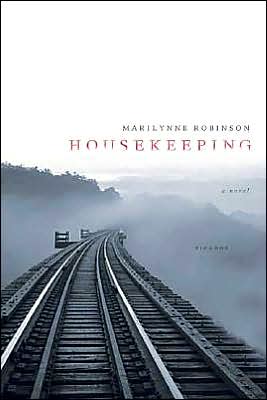
There is no single way to commemorate the work of our favorite authors. But it seems like London has come up with all of them. The easiest way, of course, is to visit the British library, where research has been so democratized that any student can pick up a reader's pass in under 10 minutes. No pretentious letters of introduction – just a brief chat with a pleasant research librarian and some paperwork. Or, you can visit one of the city's abundant, small book shops. If you decide to do your afternoon reading in Piccadilly's Waterstone Bookstore, you can sip on cocktails that are as inventive as the books they celebrate. The "Tequila Mockingbird" served in their roof café is a worthy indulgence if you can dish out the 11 pounds-- only to be followed by the "grapes of wrath" wine collection. The most popular way for an eager tourist to stalk their literary alter-egos, however, doesn't even require stepping indoors.
We know George Elliot lived at Number 4 Cheyne Street in an elegant Goergian townhouse overlooking the Thames. We also know that Jane Austen passed time with her brother at 23 Hans Place. Charles Carlyle's home still stands on what is now 24 Cheyne Street-- which was often visited by Dickens, Browning, and Tennyson. Even Oscar Wilde, despite his then-sordid deeds, is now clearly associated with a charming townhouse just across from the Army Museum in Chelsea.
We know this because little circular plaques have been permanently cemented onto the sides of their homes. Most of these bronze medallions have been in place for decades-- since they first started appearing in 1867. Today over 700 can be seen.
It was surprising to learn that in some cases, the placement of certain plaques has been delayed, or resisted by the Corporation of the City of London and the "local authorities" who are entrusted with overseeing the project. Of particular interest is the “home” of Ezra Pound which was unmarked and anonymous for the better part of the past 5 decades. In fact, the “home”—actually a tiny apartment down an alley behind a Church- did finally receive recognition. According to the current occupant on the ground floor, a retired artist, the plaque was only installed recently and after considerable struggle. In the course of a brief interview earlier this month (she graciously invited me in and even read a Pound poem to me) this graying but elegant artist told the first-hand account of meeting Pound’s daughter, Mary. Mary told her she had to fight desperately just to get “one of those silly little signs” on the wall. Perhaps in return for guarding the fort, as it were, the current occupant was given a picture of Pound by his daughter. She displays it proudly , but admitted that before all of this she had “scarcely heard of the man.”
















